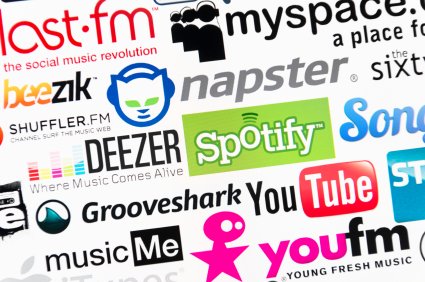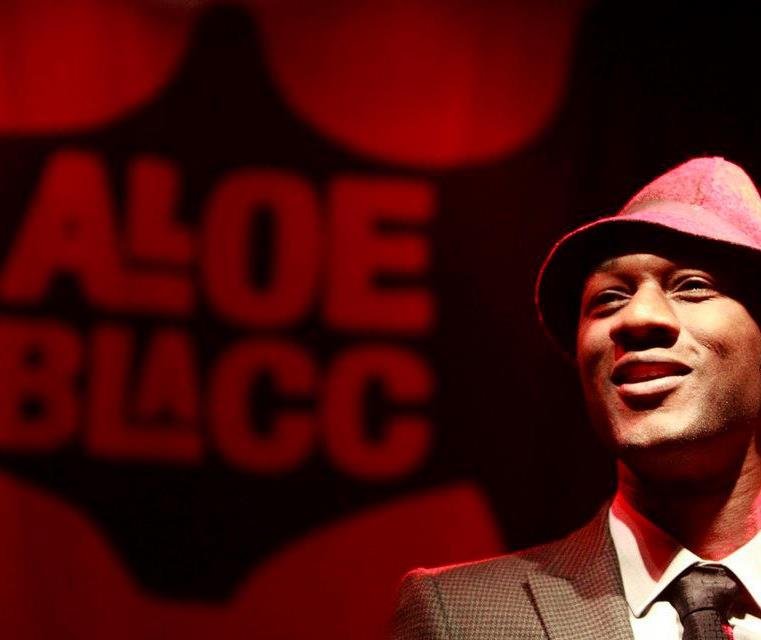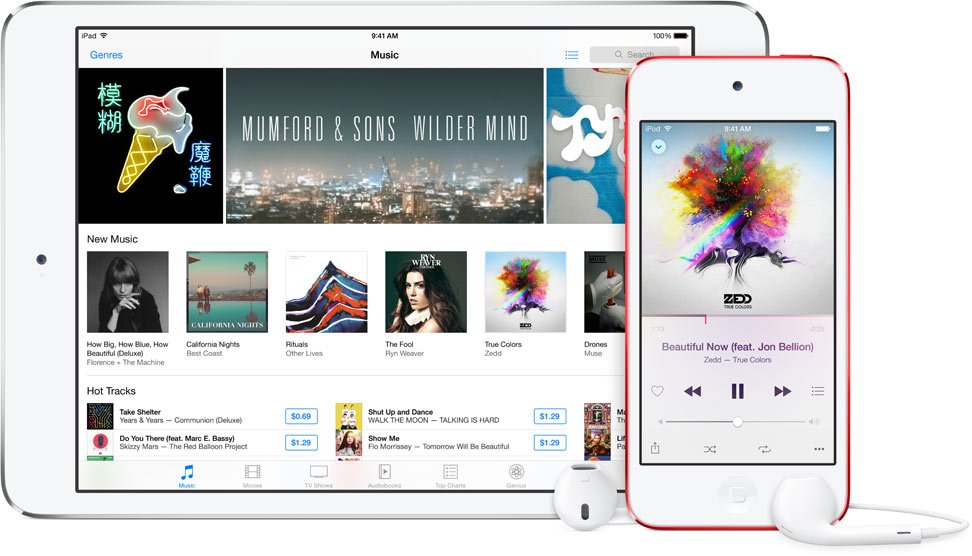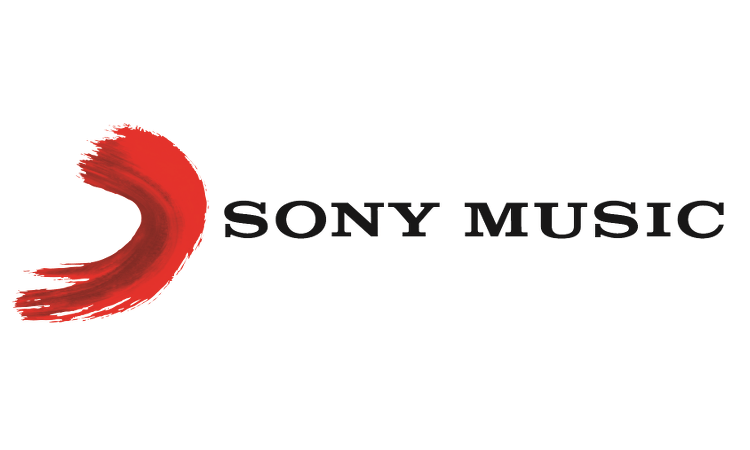My article on how I connected with Ricky Gervais hit the #1 trending spot on the front page.
CAN STEEMIT & THE BLOCKCHAIN KILL SPOTIFY?
Today, artists premiere songs on blogs that generate $ but pay us 'exposure'. We upload to a myriad of streaming services for visibility even though we'll only average 0.0020 $ per stream. Our work is monetised with adverts on YouTube which are not always distributed back to us. The infrastructure is simply not there to manage the data and ensure creators are paid fairly.

CASE STUDY: A HIT RECORD
One of the more outspoken critics of the rate songwriters receive is Aloe Blacc. He cowrote the Avicii track "Wake Me Up" which quickly becomes the most streamed song in Spotify history. It was equally successful on Pandora where the payout for the 168 million Pandora streams was just $12,359. Aloe wrote the track with two other people so that 12k was further diluted. The effective streaming rate: 0.00007$ per stream.
This article is not trying to say that music streaming does not generate money - more that the correct systems are not in place to ensure a fair distribution to the songwriters.

THE BLOCKCHAIN
The rates paid out vary so wildly and in personal experience can often take years before you begin earning for a piece of music. The blockchain would ensure all information is correct and all payments are made instantly, fairly, and most importantly transparently.
"The back end of the music industry is just a nightmare... It gets so complicated, even more so with digital services. People don't know who to pay." - Allen Bargfrede, Professor of Music Business at Berklee

WHAT'S IN A SONG?
In terms of ownership every song is split into two parts - the composition and the recording.
The composition is the song itself - the melodies, the chords, and the lyrics. The songwriter usually assigns this to a record publisher to collect/distribute royalties. The recording side (more commonly known as the master) is the actual finished recorded version of the track. It is usually owned by a record label.
This distinction is very important - the deals made with the various streaming services are heavily weighted in favour of the record label at the expense of the publishers and writers.

THE EROSION OF RIGHTS
A lot of bad press gets heaped upon Spotify, but in their defence their website very clearly lays out how they distribute royalties and how 70% of all money is given back to right holders.
Apple very recently released a proposal to simplify songwriter payments. The New York times said, "the proposal would significantly raise the rates that Spotify pays."
The New York Times article does not tell the whole story: Apple's proposal to pay 9.1 cents for every 100 streams would leave to an effective 0.0009$ per stream. This is less than Spotifys average payout of $0.002.

THE LABELS ARE ON OUR SIDE, RIGHT?
If you're still reading, then congratulations for sticking with it. As you can see it's very murky and complicated. There are a couple more bits to bear in mind:
Streaming favours big labels: A big label has a big catalogue of songs. Your Spotify royalty is worked out as a % of the total number of streams. (source).
Confusion over licenses: Universal music has just agreed to pay $11.5 million to settle it's ongoing dispute over royalties. It had been claiming a bigger % of net receipts by treating digital downloads like old fashioned sales. In an era of digital downloads they had been claiming for things like physical CD packaging. (source)
Equity stakes: According to The Guardian the major labels own ‘close to 18%' of Spotify. It makes it easier to see why the streaming service has less power to change the rates paid through to songwriters when the labels have that much influence.

THE SONY HACK
The licensing deals Spotify signed with the major labels have up until now been clouded by nondisclosure agreements.
In 2015 The Verge obtained a contract between Sony Music Entertainment and Spotify. The contract uploaded in full (but since removed) detailed just how favourable the major labels deal with Spotify are. Key highlights are mentioned below:
- Sony will be paid a $25m advance over 2 years. There is no stipulation over what they do with that money but as reported in The Verge article "labels routinely keep advances for themselves".
- Sony is guaranteed a better streaming rate of 0.00225$ per stream which can jump to 0.0025$ if Spotify misses targets.
- Sony will be given free advertising slots worth up to $9m at 'heavily discounted rates' and a further $15m at a further discount. There is no stipulation over what Sony does with this space so they are free to resell advertising.

IS BLOCKCHAIN THE SOLUTION?
Utilising blockchain technology will clear up the mess surrounding songs and their corresponding rights. Payments can be made quicker and more transparently as there is currently no centralised database. Whether it can affect the rates paid through to writers remains to be seen. There is a fascinating article here by Benji Rogers detailing a proposed .bc format.
Spotify et al. have massively cut the illegal downloading of music but current rates are not in the best interest of the songwriter. I believe Steemit provides a fascinating alternative. I plan to curate my artists, record exclusive videos from my London studio, and share them here. I'll split revenue with the artist, and use a % of it to advertise videos on YouTube.

THE FUTURE
I believe we can build a front end music portal. Streaming and downloads would be possible - paying and earning Steem for listening, sharing and downloading. I'm interested to hear any further ideas anyone has on how we can begin this process.
(1)(2)(3)(4)(5)(6)(7)
